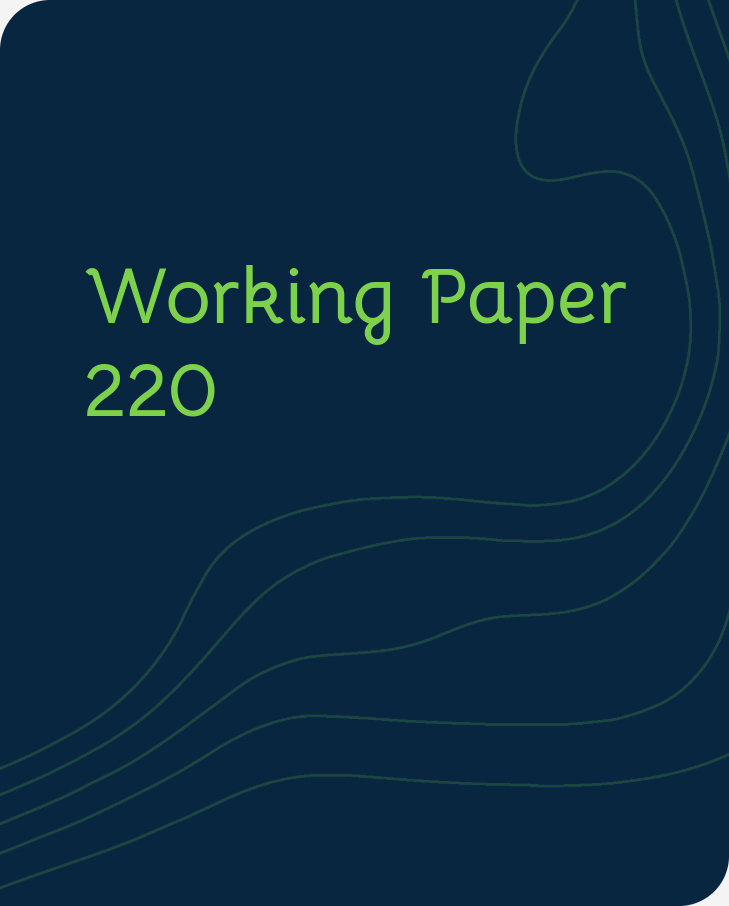Publication
Transition Report
Reform progress and transition indicators
Who we are
Overview: about the EBRDWho we are
Overview: about the EBRD
Learn about the EBRD's journey to investing more than €220 billion in over 7,800 projects.
What we do
Overview: how the EBRD operatesWhat we do
Overview: how the EBRD operates
Across three continents, the EBRD supports the transition to successful market economies.
Work with us
Overview: how you can work with the EBRDWork with us
Overview: how you can work with the EBRD
We draw on three decades of regional knowledge and financial expertise to tailor our products and approaches to each client's needs.
September, 2018

By Nicholas Sambanis, Anna Schultz and Elena Nikolova
How does economic hardship affect social preferences? Do people feel more solidarity with one another, as often happens after natural disasters? Or does it reduce pro-sociality by making social divisions more salient? We address these questions by analysing the social effects of economic austerity in Greece, where the population experienced several phases of fiscal adjustment during a period of near-constant economic decline between 2010 and 2015. We focus on the effects of joblessness, the most severe outcome of the economic downturn, and find a strong relationship between job loss and a decreased sense of solidarity.Read paper
For media enquiries related to this working paper, please contact Ksenia Yakustidi, Media Adviser at the EBRD’s Office of the Chief Economist
YakustiK@ebrd.com
All Working Papers
The Working Paper series seeks to stimulate debate on transition in the EBRD regions.
